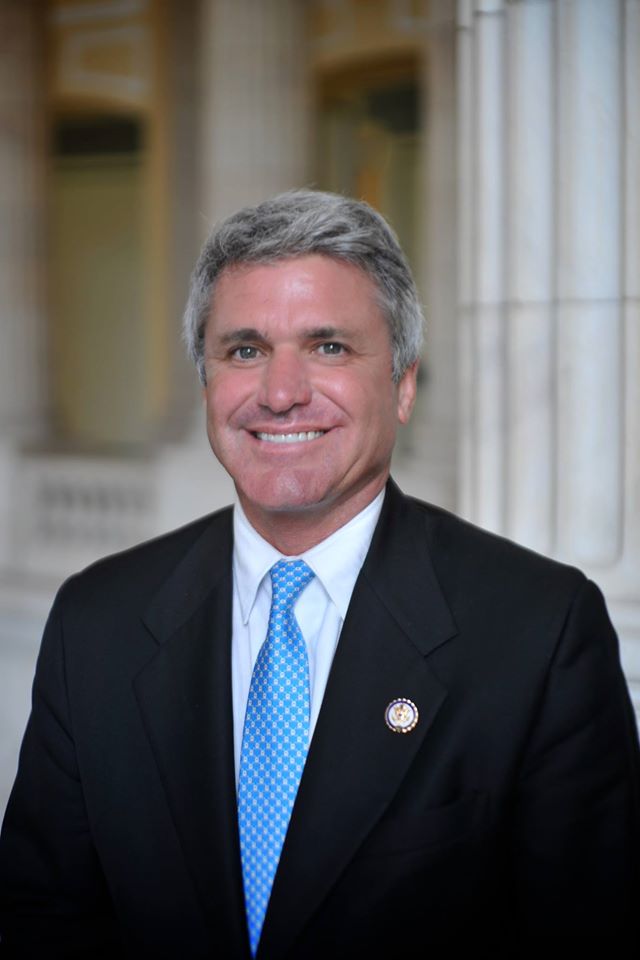
After the Cold War ended, a sense of calm fell in the West. We had defeated the Soviet Union and felt invincible. The concept of security was historically under the pretense of war — one fought against nation-state adversaries. We did not think about unconventional enemies or the threats they posed.
At the same time, al-Qaeda was gaining strength and had thrived in a power vacuum of instability and chaos in Afghanistan. They were well-funded, with modern weaponry and a sophisticated communications system, and they had the Taliban providing them safe haven. With the Taliban in control, Afghanistan was the perfect breeding ground for terrorist organizations — and the perfect place for al-Qaeda to plan and launch an attack against the United States.
We failed to imagine what terrorist organizations were capable of — or the “unknown unknowns,” as Donald Rumsfeld described years after September 11th. For those reasons, many in our intelligence community underestimated the capability of al-Qaeda. That over-confidence and complacency would lead to the deadliest attack on U.S. soil since Pearl Harbor.
20 years after the horrific attacks of September 11th, we are once again facing an Afghanistan that will serve as a safe haven for terrorists.
That evening, like many Americans I sat with my family in stunned mourning. Earlier that day, the entire world watched in horror as 19 terrorists killed nearly 3,000 people. They didn’t target a military base in a distant country. They targeted U.S. civilians on American soil. They hit symbols of our democracy and our financial might.
Like many Americans, I couldn’t believe a small group of individuals could launch such a devastating and deadly attack. How could something like this happen to the most powerful country in the world? What was this new enemy we were facing? And how could we defeat them and ensure this would never happen again? We would need a new approach to stop future attacks posed not only by al-Qaeda, but other terrorist entities.
President George W. Bush began to take steps to reduce our vulnerabilities by updating our military operations and intelligence community efforts. He also sought to eliminate the bureaucratic walls that discouraged intelligence and law enforcement agencies from sharing information that were a direct cause of the September 11th attacks. That’s why he established the Department of Homeland Security, whose sole duty was to protect the homeland against foreign threats. These moves were meant to make us more responsive and able to identify threats before we were hit again. And while we have sadly not been able to stop all attacks, we have not seen another attack on the scale or scope of September 11th since.
In addition, we needed to eliminate the threat posed by al-Qaeda and its leader, Osama bin Laden. President Bush demanded the Taliban hand over bin Laden or risk the full might of the U.S. military. They refused, and Operation Enduring Freedom began on October 7, 2001. The goal was never nation building, as President Biden and his team now claim. It was simply to find the terrorist mastermind who murdered almost 3,000 people on American soil. But in order to achieve that goal, we had to defeat the Taliban and help to establish a more peaceful Afghanistan where we could conduct a search for bin Laden.
Over the next 20 years, we helped do exactly that. We worked with the Afghan people as they built their country’s economy and established a democracy. We trained their military to be able to defend against attacks. And we encouraged Afghan women to step out of the shadows and take their rightful place in their country. Our service men and women also successfully completed countless missions to stop terror threats from reaching our shores – it is because of their service and sacrifice our homeland is safe and secure.
In other words, we gave the Afghan people hope. But over the last month, that hope was shattered.
I am confident the American people and the American spirit will rise to the occasion — just as we did after September 11th.
Now, American citizens are trapped inside a country run by a violent and murderous terrorist organization. President Biden broke his promise to get our Afghan partners to safety and has weakened our standing in the world. And 13 brave American service members lost their lives. All because of the failed leadership of President Joe Biden.
As we investigate how President Biden allowed this to happen and why he ignored bipartisan pleas to evacuate our partners and secure our embassy personnel, it is critical we also plan for the long-term fallout the President’s failures may cause.
Because now, 20 years after the horrific attacks of September 11th, we are once again facing an Afghanistan that will serve as a safe haven for terrorists. I predict we will soon face the threat of attacks emanating from the country targeting American soil and our allies.
Despite all these circumstances, I am also confident the American people and the American spirit will rise to the occasion — just as we did after September 11th. We joined together — united in a shared cause. And I believe that sentiment and spirit will continue to live on as we face new challenges as a nation.
Michael T. McCaul represents the 10th District of Texas in the U.S. House of Representatives. He serves as the Republican Leader of the Foreign Affairs Committee.




